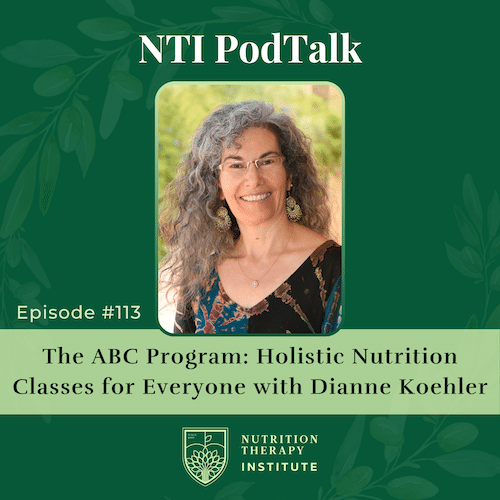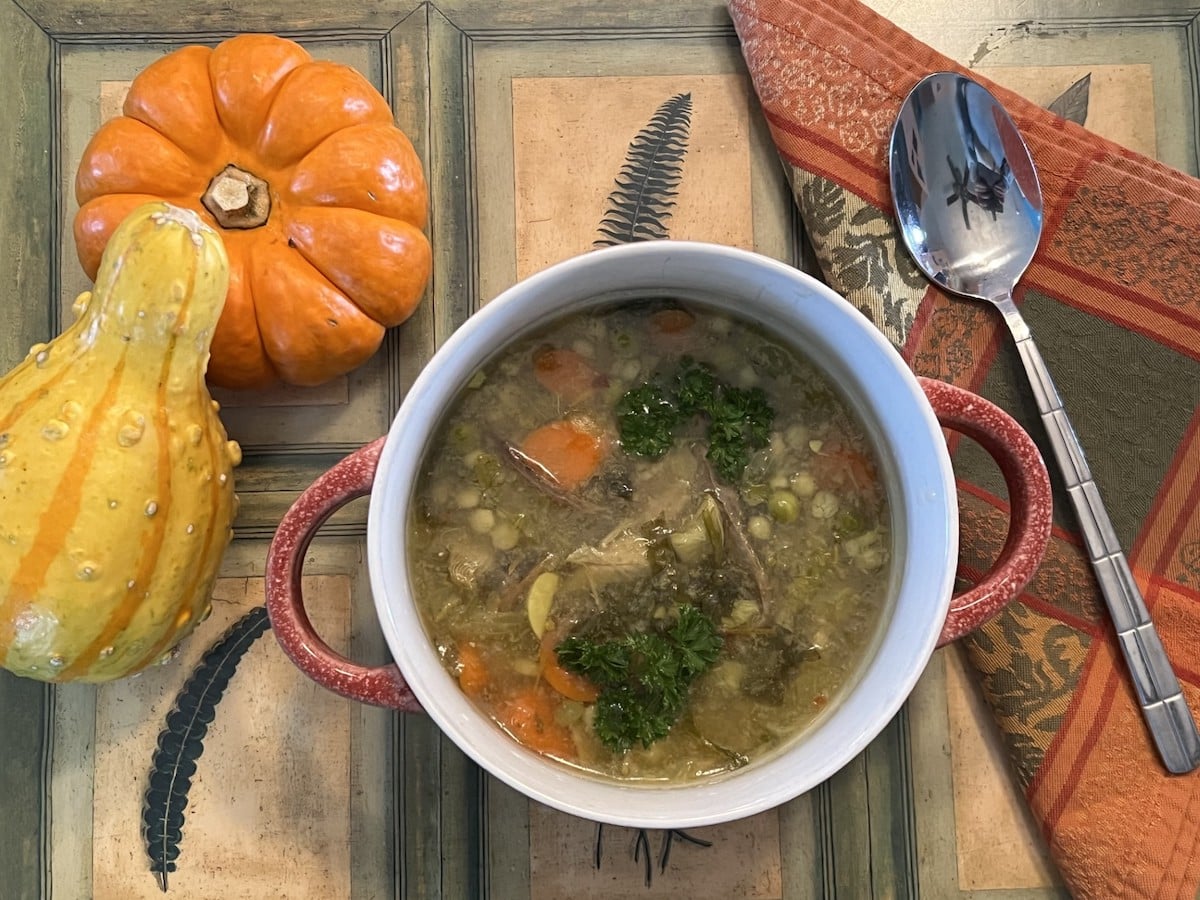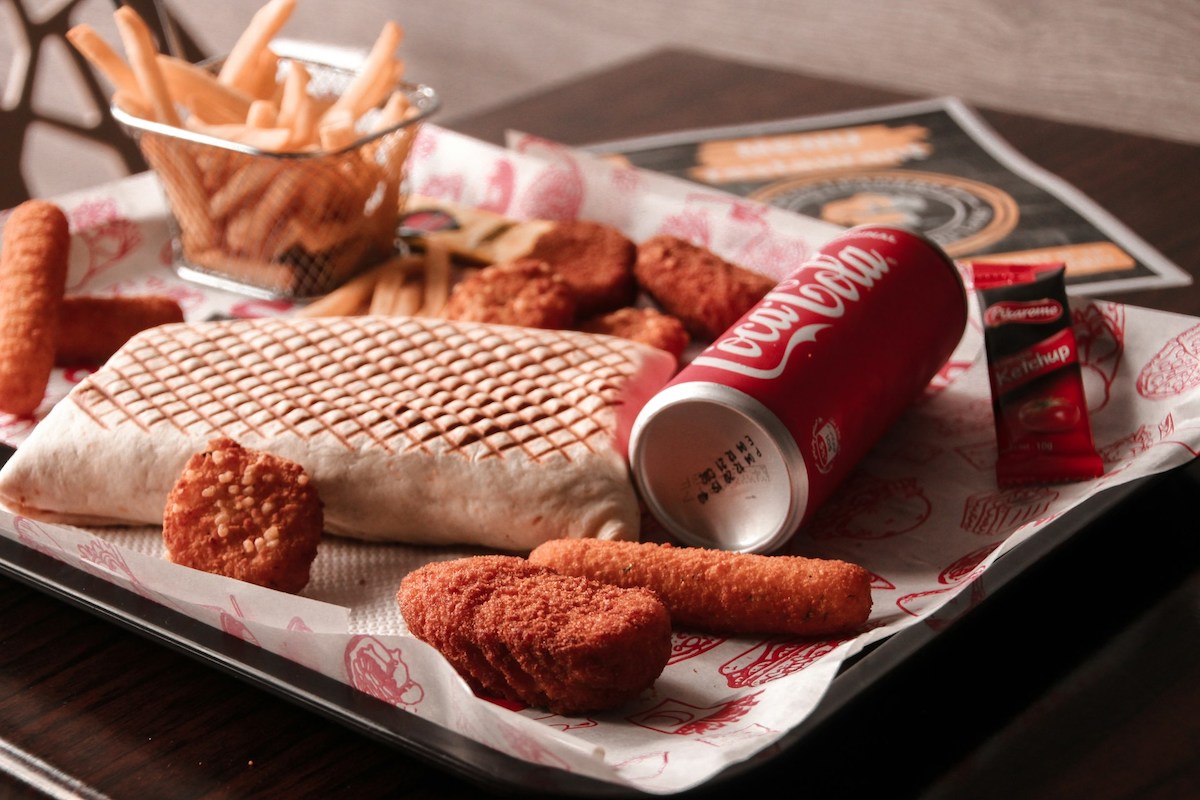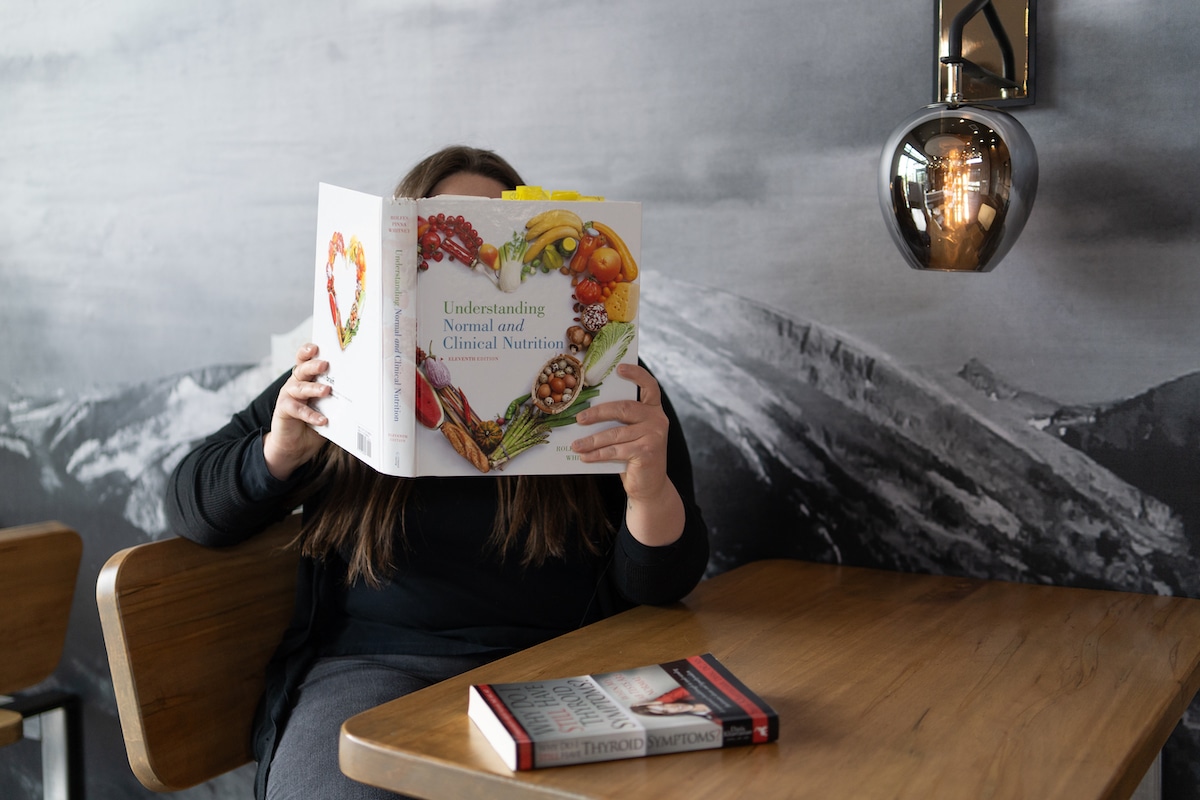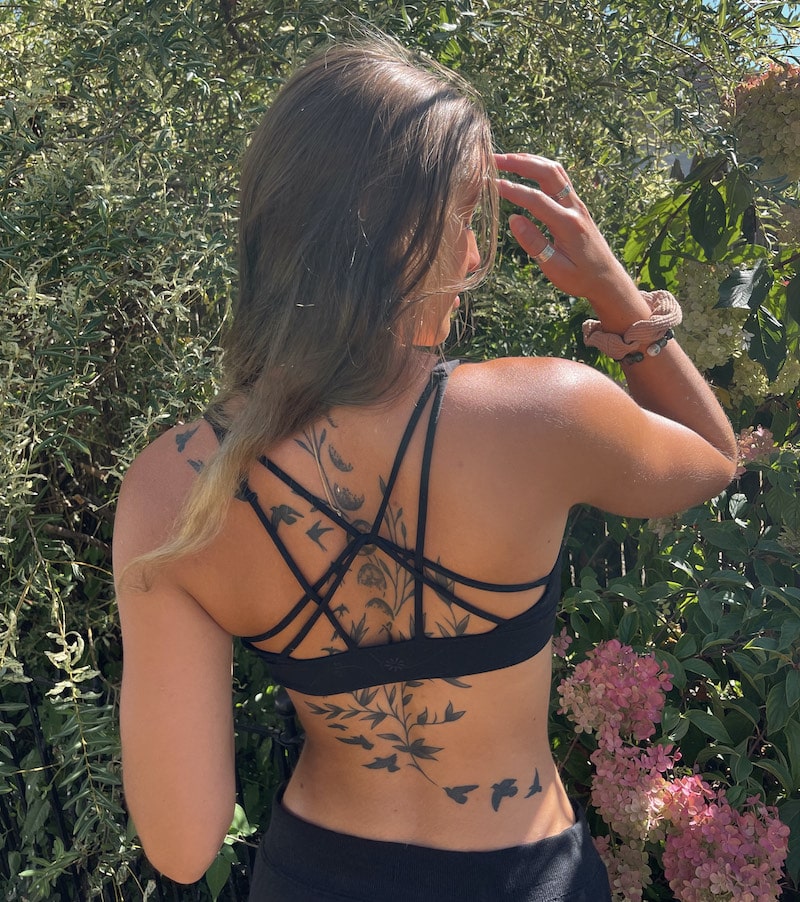
Share this post!
The world of tattoos is a diverse one, from the holistic realm where informed consent is vital, to the impulsive adrenaline-rush enjoyers (I admit I am both). If there is one thing I have seen people in both spheres pay good money for, it’s ink. But, despite being artful expressions filled with meaning, identity, commemoration, and love, the ink adorned into your skin is immediately recognized as a foreign invader, something your body wants to reject, remove, and repair. In this blog post, we will talk proper pre-ink prep, natural tattoo aftercare, and tattoo longevity-supporting tips all to support your tattoo healing, skin health, and immunity.
Pre-Inking (what to do and what not to do)
Anyone who has been tattooed knows that although you are laying or sitting in the chair for hours, your body requires a lot of energy. This is because the physical experience of receiving a tattoo – repeated punctures of the skin (thousands of pricks per minute) – creates a stress response known as your “fight or flight”. This response relies upon energy, usually in the most readily available form: glucose (sugar), then fats, and then protein (which is not the body’s preferred source of energy). Having a balanced meal of carbs, fats, and proteins 1 to 2 hours before a tattoo appointment is especially important to have a more easeful tattoo experience.
Snack ideas to have before or during your tattoo appointment:
- Fresh fruit or fruit bar
- Smoothie with full-fat milk or coconut milk packed to-go
- Meat stick (always check ingredients!) – some good options are PaleoValley, Chomps, and The New Primal
- Protein bar – some good options are GoMacro, Perfect Bar, and Aloha bars
- Gelatin gummies (made from bovine gelatin & fruit juice)
- A better-for-you soda like Olipop, Poppi, or Nooma
- A tea to calm the nerves such as Lemon Balm, Chamomile, and Holy Basil
What to avoid before your tattoo appointment:
- Alcohol – when it comes to tattoos, alcohol has all sorts of negative consequences on the body. Alcohol thins your blood which can increase bleeding, dilute the tattoo ink, make the artist’s job more difficult, and result in heavier scabbing which can compromise your tattoo quality.
- Blood Thinners – it is generally advised against getting a tattoo if you are on blood thinners as they reduce the ability for your blood to clot, risk severe bruising, and severe infection. Consult with your medical doctor before booking your tattoo appointment.
- Ginger – although ginger has a plethora of benefits, limit consumption of ginger especially in tea and supplement form before your tattoo appointment as ginger can reduce blood clotting and increase your risk of bleeding and bruising as a side effect.
Natural Tattoo Aftercare
By now you likely know that everything you put on your skin is absorbed into your bloodstream, just like the food you eat. For aftercare, we will discuss both natural topical and oral remedies to promote tattoo healing.
Natural solutions are making a comeback for overall health–and for good reason. Herbs, salves, and quality supplements formulated with nature in mind are just as potent and effective without hundreds of harmful ingredients in many products today.
Topical Remedies
Luckily for us, Mother Nature has quite an arsenal of time-tested remedies full of nourishing properties that can not only aid in the healing post-tattoo but also enhance the vibrancy and longevity of your ink. As always, we recommend anything you apply onto your skin to be organic, pure ingredient, and cold-pressed (for oils) that retain their potent nutrient value.
- Aloe vera – a medicinal plant widely used to treat a plethora of concerns and is commonly known for its skin soothing, protecting, anti-inflammatory, antibacterial properties.
- Beef tallow – yes you read that right, beef fat or beef tallow is gaining quite the popularity in skincare products but actually has been used on skin for thousands of years. Known for ultra-soothing and deeply moisturizing (non-pore-clogging) properties, beef tallow can soothe inflammation and aid wound healing.
- Jojoba oil – rich in antioxidants, antibacterial, and anti-inflammatory properties this non-comedogenic (pore-clogging) oil has been used for thousands of years to treat all kinds of skin conditions including the promotion of wound healing.
- Coconut oil – ultra-moisturizing and nutrient-dense, protects the skin barrier and increases collagen turnover in wounds, speeding up healing.
- Lavender oil – known for its calming anti-anxiety effects, lavender is a powerful antioxidant, anti-inflammatory, antibacterial, and pain reliever. As an oil, lavender can increase collagen synthesis for wound healing and contraction.
Oral Remedies
“Let food be thy medicine and medicine be thy food” – emphasizing quality whole foods that are full of nutrients, antioxidants, and phytochemicals is just as important to ensure ease and quality healing of your fresh ink. Below, we will highlight specific nutrients that expedite the healing process from the inside out.
Vitamin C
This essential nutrient that must be obtained from food (as we humans are unable to synthesize a sufficient amount ourselves) plays a vital role in synthesizing and regenerating connective tissue; particularly collagen, an important antioxidant, has been shown to increase healing at the wound site(s). Vitamin C is also immune-boosting, which can help in potential symptoms of “tattoo flu” which are a series of flu-like symptoms that can occur after an intense inking session.
Because of Vitamin C’s major role in wound healing, supplementation is suggested for this particular benefit.
Foods: bell pepper, citrus fruit, strawberries, kiwi, broccoli, tomatoes, potatoes
Recipe: Fennel-Orange Salad with Harissa and Yogurt
Collagen
The most abundant protein in the body, collagen is the primary building block for skin, tendons, bones, muscles, and connective tissue. Collagen has been used as a treatment for wounds for thousands of years, evident in the practices of the Ancient Egyptians and Greeks. Having collagen either by food or supplementation has been shown to have both positive and efficient effects on wound healing.
Foods: bone broth, fish with skin, chicken with skin and cartilage, oxtail, sardines with skin-on and bone-in, gelatin gummies
Recipe: Slow-Simmered Bone Broth
Antioxidants
These compounds reduce oxidative stress and the conditions that come with it such as cell damage and pro-inflammatory states. Vitamin C mentioned above, is one antioxidant example but for this section, we will focus on ones lesser-known.
- Curcumin, a potent anti-inflammatory, antibacterial, and antioxidant, improves the wound healing process and reduces free radicals.
Foods: turmeric root, pure turmeric powder, turmeric tea
- Quercetin, a flavonoid compound found in fruits and vegetables, offers a wide range of health benefits, especially by inhibiting inflammation and reducing oxidative stress. Studies show that quercetin promotes collagen synthesis, aiding in wound healing and contraction.
Foods: citrus fruits, apples, onions, parsley, broccoli, dark berries
- Resveratrol, a polyphenol primarily found in berries, delivers powerful antioxidant effects while also being anti-inflammatory and cell-protective. Studies show that resveratrol can support wound healing and counteract excessive scarring.
Foods: grapes, strawberries, blueberries, mulberries, cocoa, dark chocolate, cranberries
Tattoo Care for Longevity
Caring for your tattoo is the same as caring for your general health; just as you listen and learn what your body’s needs are, you want to be doing so with your fresh tattoo as well.
Familiarize yourself with your tattoo’s needs by examining the appearance of the ink, and gently feeling for potential flakiness, itchiness, and/or dryness. You may realize your skin requires more nutrients and hydration than you thought, just as you would when recovering from a sickness. You should apply moisturizers (mentioned under natural tattoo aftercare) to your tattoo daily – up to 2-3 times per day for 2+ weeks depending on the size of your tattoo, your skin type, and season.
For long-term vibrancy and longevity, tattoo wearers moisturize their ink regularly for life!
And remember, internal hydration matters just as much as external. Consume plenty of liquids that hydrate at the cellular level: spring water, mineral water, filtered water infused with fresh fruits and herbs, fresh pressed fruit juice, organic grass-fed milk, and herbal teas.
You Know Yourself Best
Whether you are new or experienced in the world of tattoos, figuring out a regimen that works for you, your skin, your diet, and your schedule will require careful experimentation and awareness of your body’s responses.
Be mindful of the ingredients in both topical remedies and any dietary supplements you shop for. Natural tattoo aftercare is often much simpler and accessible than you would think – you can easily purchase many topical and dietary remedies online, at a health food store, or even create them at home. Each person is as beautifully unique as the ink they choose to adorn themselves with and so will the tattoo aftercare regimen.
About the Author: Gabija Mazunaite is a current student of NTI’s Nutrition Therapist Master program. Her love for holistic health, natural living, and advocating for deeply knowing yourself invites the notion that health is multidimensional and unique to you. For daily eats, fitness, and well-being inspiration, follow Gabija on her Instagram page: @glowwithgabija
Elevate Your Passion for Holistic Health – Become a Certified Nutrition Therapist!
Are you passionate about holistic health and natural living, just like Gabija? Take your knowledge to the next level and become a certified expert in nutrition therapy. The Nutrition Therapist Master Certification at Nutrition Therapy Institute offers in-depth, science-based education, empowering you to make a real impact on your own health and that of others. Whether you’re looking to build a career in nutrition or deepen your understanding of natural wellness, this program is your path forward.
Join the Nutrition Therapist Master Certification program today and start your journey to becoming a leader in the field of holistic health!
Share this post!


